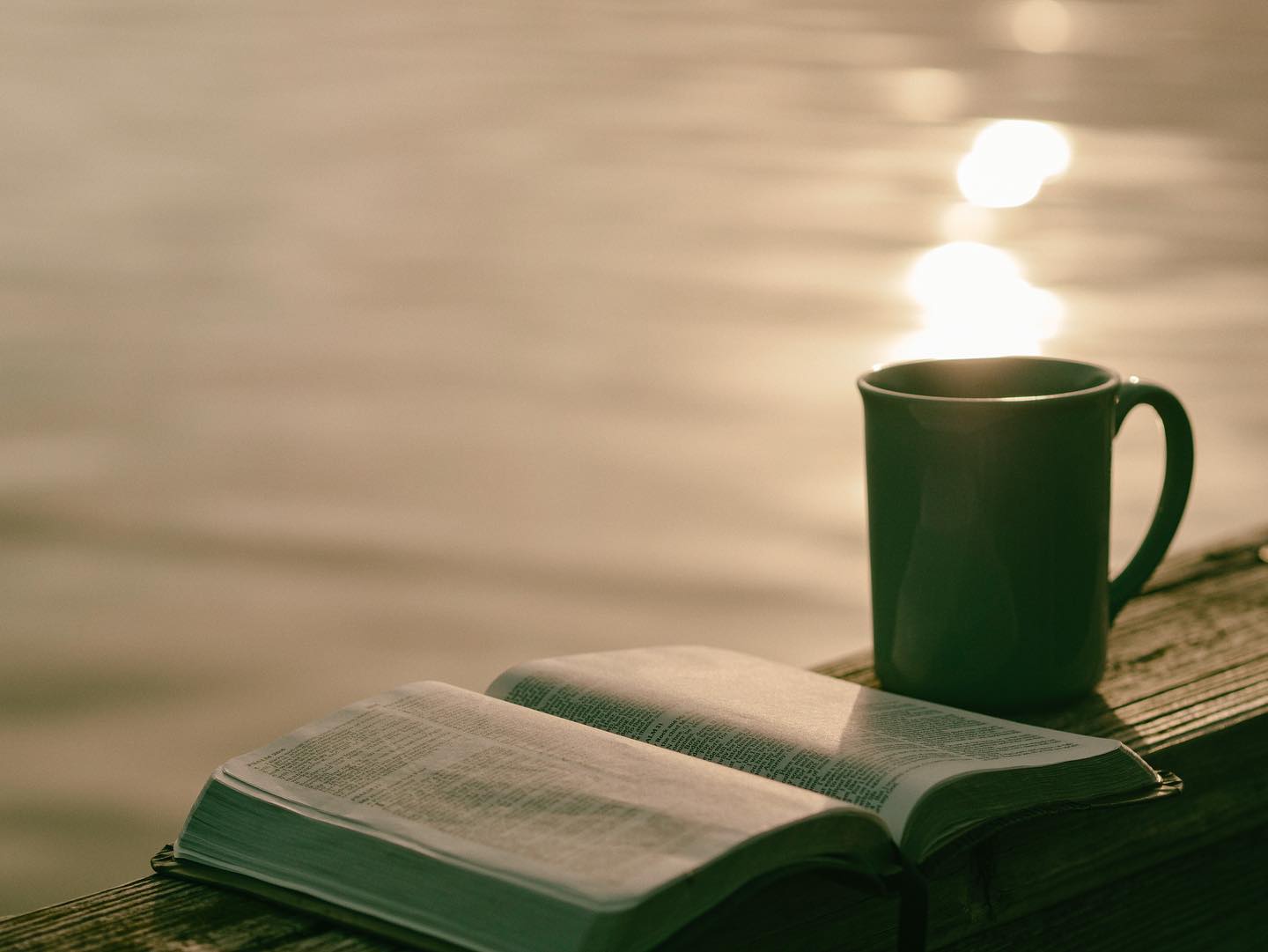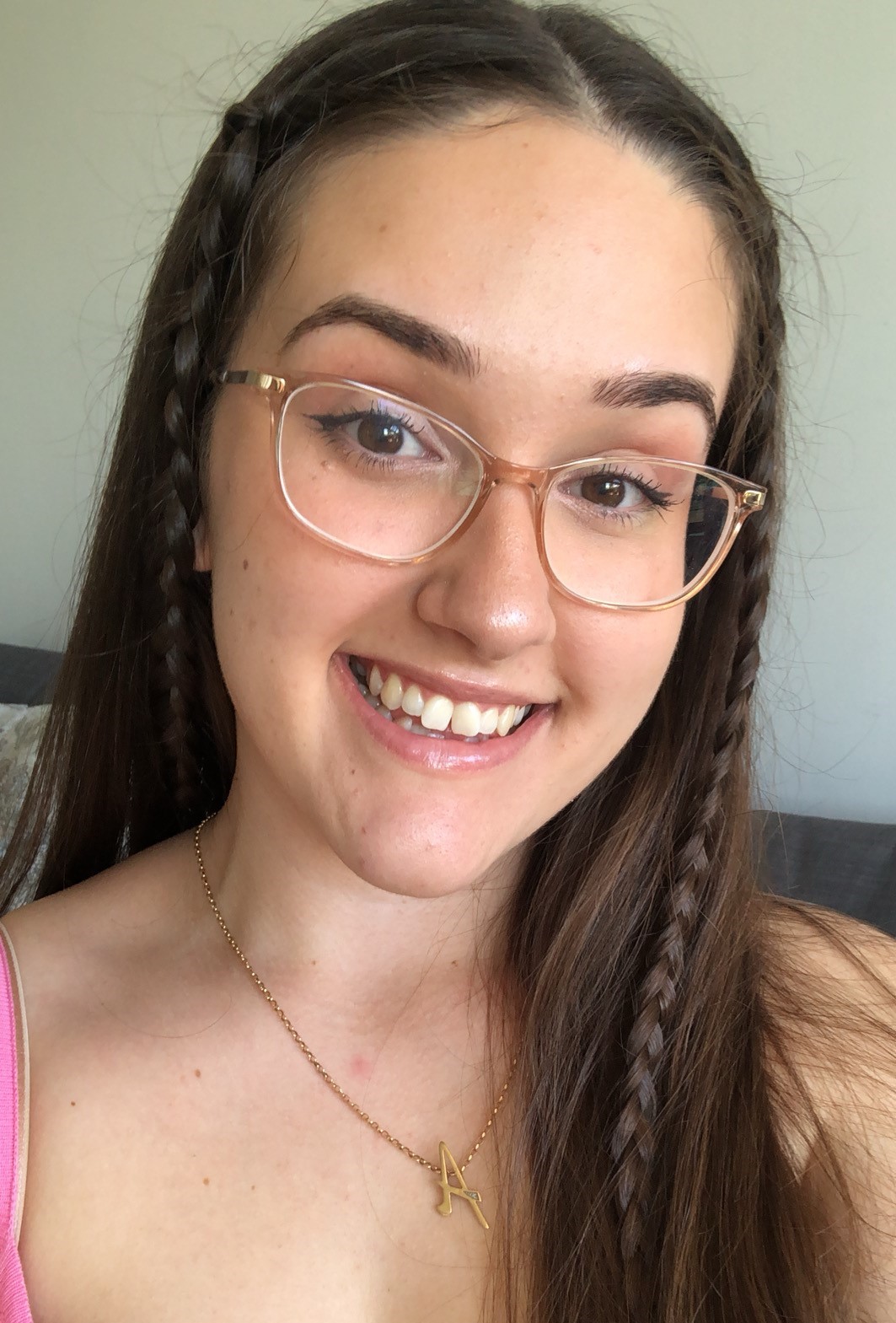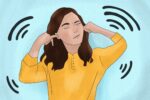Morning Pages are defined by its creator Julia Cameron as “three pages of longhand, stream of consciousness writing, done first thing in the morning.” Cameron created this practice to help artists and writers get over creative blocks, a process she calls “creative recovery.” While this journaling style is fantastic for creative people, it’s also incredibly valuable for busy students and professionals. In an era of constant connection, productivity culture and extensive to-do lists, Morning Pages are a return to basics: putting pen to paper.
Morning Pages have proved to be a valuable practice for me as a writer and a busy student alike. In a creative sense, Morning Pages help me to tune into a creative mindset early in the morning and set me up for creative observation and ideas throughout the day. In an organizational sense, Morning Pages help me stay on top of small tasks that can often be cast aside and forgotten as the day progresses.
At the beginning of the year, I decided I would try out one new healthy habit each week to find out what habits worked for me and which I would like to stick with permanently. I tried Morning Pages previously, but I committed to sticking to them consistently for one week earlier this year to really see if it would make a difference for me. When I dedicated myself to the practice, I quickly found that it was one of my favorite parts of my morning routine. I was also in quarantine during this time, so my Morning Pages were one thing that I looked forward to immensely — they gave me a sense of structure and clarity at the beginning of every day, and three glorious pages of self-care time.
I’ll be honest; I have not kept up with the practice religiously. I would love to say that I’ve filled a notebook since January, but that would be a lie. Now, well out of quarantine and into a busy semester at university, I find that I naturally gravitate toward picking up Morning Pages in especially stressful periods. These periods are when Morning Pages give me the most sense of control over my busy schedule. Morning Pages allow me to “brain dump” all of the assessment deadlines, work rosters, extracurricular commitments and events coming up in my calendar. Using this technique is a great way to give my brain more space for the day ahead: I don’t need to stress about the feeling of being endlessly busy because I’ve already written it all out that morning. Seeing it on paper makes it feel infinitely more manageable.
I also find that Morning Pages can often help me make sense of my dreams, especially if I write my pages right after waking up. Cameron explained that this is the most ideal time to write Morning Pages, rather than after your first cup of coffee or at your work desk, as it allows you to be your rawest, truest self (before your ego and stress wake up with you). I find that my dreams can be strange and often very symbolic of whatever is occupying my subconscious, so writing my Morning Pages right after waking up is always an interesting exercise.
The most important part of writing this way as an exercise is that it’s entirely for your eyes only. Some may roll their eyes at the idea of writing outside of an assignment, but journaling has strong links to improved mental health and clarity. With your phone on Do Not Disturb, Morning Pages are a tiny commitment to saving time and mental space for yourself and giving you the time to work through whatever your brain decides to scrawl onto the page. By reminding yourself that these pages are completely private, the pressure of writing something perfect — or even something that makes sense — is relieved. Nobody will read them, meaning you can write whatever you like and whatever you need. It could be as simple as a grocery and chore list, or as complex as working through an emotional conflict that’s been heavy on your heart for weeks. Cameron reinforced this idea, stating “there is no wrong way to do Morning Pages — they are not high art.”
Morning Pages help with brainstorming creative ideas by allowing you the safety of privacy. Knowing nobody will read your ideas means you can explore them fully, no matter how weird or silly they might seem at first. While there is value in showing your ideas to trusted loved ones for feedback, there is pleasure in knowing that an idea is yours and yours alone in its purest, earliest form. I love fleshing out a story idea or trying different plot lines in my Morning Pages. Forcing myself to write them down physically on paper is like bouncing my ideas off myself, cutting out potential judgment or embarrassment I might feel after showing an idea to others.
When you have the early stages of a creative idea — perhaps for a screenplay, a novel or a short story – Morning Pages are the perfect place to explore it further, by considering characters, themes and examining it from all angles. Having a place to do this alone is invaluable. Once you’ve had a few sessions of Morning Pages dedicated to your idea, you will probably have (close to) a fully realized story, ready for first thoughts from others and hopefully the vision and confidence in your idea to bring it to life.
Morning pages are something I’ve done on and off for quite a while, but never fail to astound me whenever I return to them. Cameron’s self-help tool has helped me manage stress, decipher my dreams, develop creative flow and navigate my way out of writing blocks. These three handwritten pages have changed my life for the better and I encourage everyone to try them out, at least for a week.
Three pages, every morning, for one week. Not typed. Not autocorrected. Not edited. All you need to do is pick up a pen and write. No stopping, no pausing to wonder if there’s a better way to express this or if you spelled that word correctly. Cameron explained that it is usually around the second page that you might start getting bored, but she also emphasized that this is when a breakthrough can occur. Deep in handwritten scrawl, an idea or a line might emerge, sparking further inspiration. So do not stop until three pages are filled — you never know what might be just around the corner.

















